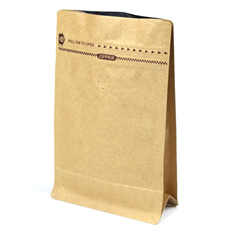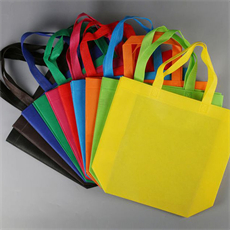In recent years, there have been numerous innovations in sustainable bagging solutions as part of the broader effort to reduce plastic waste and promote environmentally friendly practices. These innovations span various materials, designs, and technologies, all aimed at providing more eco-conscious alternatives to traditional plastic bags. Here are some notable examples:
- Reusable Shopping Bags:
- Reusable shopping bags made from durable materials like organic cotton, jute, hemp, and recycled plastics are becoming increasingly popular. These bags are designed for long-term use and can replace hundreds of disposable plastic bags.
- Biodegradable and Compostable Bags:
- Biodegradable bags are made from materials that break down naturally, reducing their impact on the environment. Compostable bags, in particular, are designed to decompose quickly and can be disposed of in composting facilities, turning into organic matter.
- Paper Bags with Recycled Content:
- Paper bags made from recycled paper and sourced from sustainably managed forests offer a more eco-friendly alternative to plastic bags. Some paper bags are designed to be both recyclable and compostable.
- Tote Bags with Innovative Materials:
- Companies are experimenting with innovative materials, such as recycled ocean plastic, to create eco-friendly tote bags that also contribute to cleaning up marine environments.
- Washable and Foldable Bags:
- Washable and foldable bags are designed to be compact and easy to clean, encouraging reuse. They are especially handy for those who want to carry a reusable bag at all times.
- Digital Receipts and Mobile Apps:
- Some retailers are embracing digital receipts and mobile apps, reducing the need for printed receipts and plastic bags. Customers can receive receipts electronically and make purchases using their smartphones.
- Reusable Produce Bags:
- Mesh or cloth produce bags are designed for carrying fruits and vegetables without the need for single-use plastic bags. They can be washed and reused.
- Bag Rental and Sharing Programs:
- Innovative platforms allow consumers to rent or share reusable bags, reducing the need for ownership and encouraging sustainable bag use in various contexts.
- Eco-Friendly Packaging:
- Sustainable packaging companies are developing environmentally friendly bags made from materials like algae, mushroom mycelium, and plant-based plastics, offering biodegradable or compostable alternatives to traditional plastics.
- Smart Bags with Tracking:
- Some reusable bags come with embedded technology that tracks the number of times they’ve been used, promoting sustainability and raising awareness about the environmental impact of bag use.
- DIY Upcycled Bags:
- Creative individuals are crafting their own reusable bags from upcycled materials, such as old t-shirts or denim, reducing waste and giving new life to discarded items.
- Community and Business Initiatives:
- Many communities and businesses are launching initiatives to encourage the use of sustainable bags. These efforts include providing discounts for customers who bring their own bags, hosting bag swap events, or distributing reusable bags for free.
These innovations in sustainable bagging solutions reflect a growing awareness of the need to reduce plastic waste and minimize the environmental impact of single-use plastics. They offer consumers and businesses a wide range of options to make more eco-conscious choices in their daily lives and operations.














